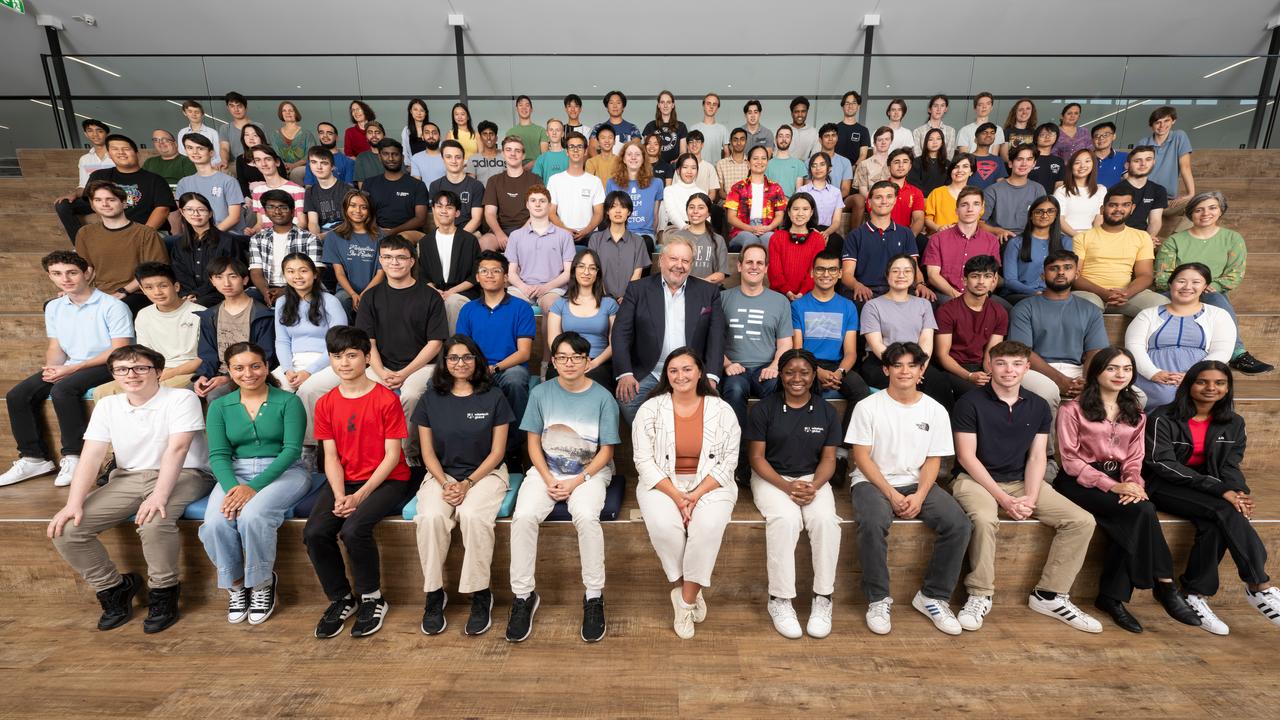Why WiseTech founder Richard White would be wise to take leave


The logistics software giant is one of Australia’s success stories. Under White’s leadership its shares have soared more than 3100 per cent to $128.89 since it listed on the ASX in 2016. It’s now worth more than $43bn, and White is not done yet, outlining in August how WiseTech will achieve its next wave of growth.
Investors lap up his every word. When he revealed the company’s strategy about eight weeks ago, he became $2.1bn richer, following another 18 per cent leap in the company’s share price.
But now WiseTech’s board, helmed by independent chairman Richard Dammery, are having tough conversations with its founder and chief executive, urging him to take a leave of absence to focus on his mental health.

The calculus the board is trying to figure out is how to not throw the baby out with the bath water. A sudden departure from White with no succession plan risks a sharp plunge in the company’s share price. If he stays it presents a distraction to WiseTech’s strategy and the 1800 employees charged with executing it.
White is alleged to have sought a sexual relationship with Sydney beauty entrepreneur Linda Rogan in exchange for investing in her company – allegations made in the Federal Court that are yet to be tested.
This week, a second woman has come forward, Sydney-based Jenna Riches, who told The Australian that what started as a professional mentoring relationship with White turned intimate. White has declined to respond and this allegation is not the subject of legal proceedings.

Such a scandal, involving personal details of a chief executive, is tricky to navigate, and made more complex given White is also a founder who retains considerable control over the company.
But a leave of absence represents several benefits. Namely it gives a company and its executives the breathing space to focus on its operations, and WiseTech has been doing great work in the tech sector, which risks becoming marred as the Federal Court proceedings play out.
For example, WiseTech is doubling the intake of its much-praised Earn & Learn program, which will offer 100 students the equivalent of $300,000 to study at university while working at the software giant. This is designed to help ease Australia’s chronic tech worker shortage by creating an apprenticeship-style pathway, which White says also offers an accelerated career progression and boosts diversity, particularly in encouraging women to the sector.
“Our core selection criteria is ability and talent,” White said in August.
“But when you do that at a broad scale, like we’re doing here, you actually get quite a diverse mix. We have much higher female intake into this program than the universities are getting to into their programs. We’re essentially pretty much blind to this because we select on talent … and what comes in is by its nature very diverse.”
A leave of absence would also allow White to focus on his health – which the board also has a duty of care to protect and represents best practice in corporate governance.
But such decisions are far from easy to make, hence White and Dammery’s tough conversations.




WiseTech is Richard White – and this is a problem. He built the company and owns more than one-third of it, creating a conundrum for the board following a series of sensational allegations.